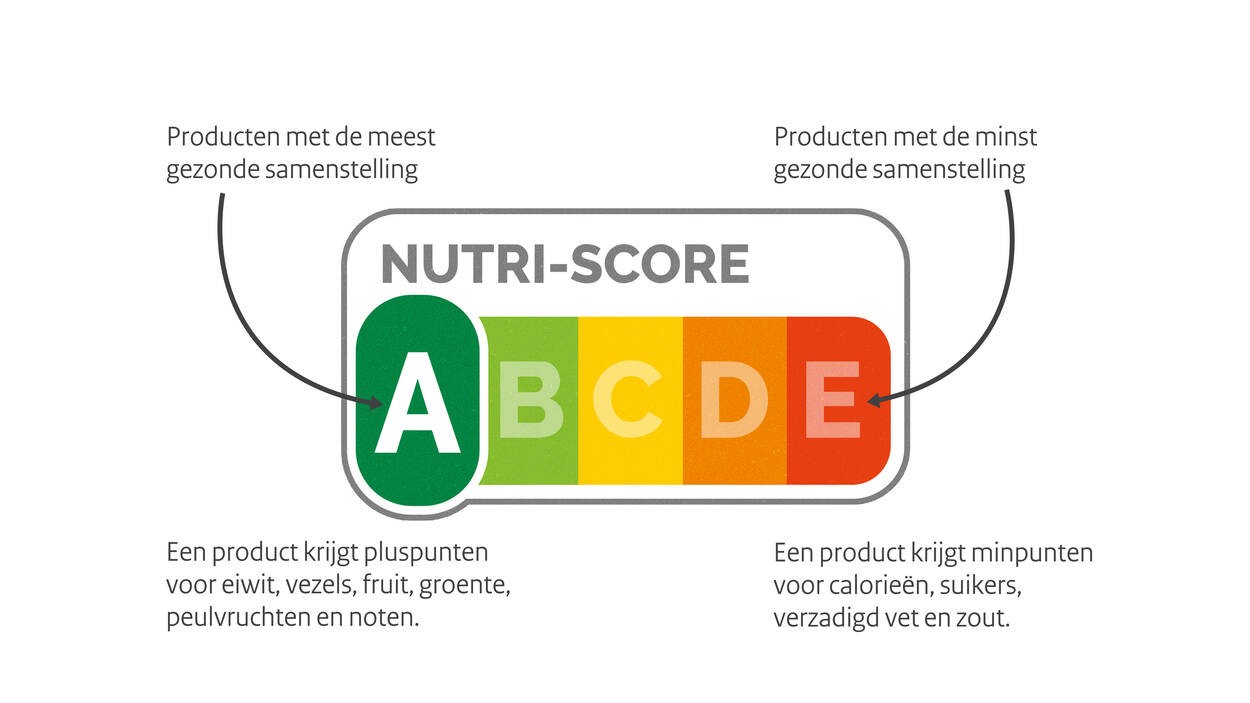PepsiCo is a house of brands. For which brands are you responsible?
‘I run the foods business. That includes snack brands such as Lay’s, Doritos, Cheetos, and a new brand Popworks. We also start building a healthier future with Nutri-Score, a European label for our products, ranking a food’s nutritional quality from green (A) to red (E). I oversee the marketing function for all the categories for Benelux, Nordics and the DACH markets; Germany, Austria, and Switzerland.’
How big is the business you oversee percentage wise?
‘Globally we are, toward $90 billion for PepsiCo. In Northern Europe, we have roughly a $1.2 billion turnover. So, this is small on a global scale, but we have good markets here. In the Netherlands we are leaders in the category, and we have a high per capita consumption. It’s our pilot market when it comes to transitioning our system and learning new things about sustainability. If the model works for Europe, with its demanding consumers, we can export the thinking elsewhere.’
PepsiCo is becoming a healthier company, helping customers to make more conscious choices. How do combine this with selling more Lay’s chips?
‘It's a paradox, right? We are not in the business of selling less chips. We are in the business of making irresistibly tasting chips, as well as snacks beyond chips. Think about a world in which you would only eat yogurts, drink water or eat apples... I don't want to live there. Sometimes I’m having a good time with friends and family, and then I drink a beer, a wine, a Pepsi, and I eat a snack as well. That will continue to exist as long as humans are around on this planet. The question for us as a company is: how to make it permissible? As a global leader in this category, we are ahead of the game. We are innovating like crazy, spending a lot of money and R&D talent to find the irresistibly tasting chip, and making it permissible to get out of the Nutri-Score red zone. So, for drinks it's less sugar. For snacks it's less sodium and less fat. We want to move our iconic brands more into the B and the C space. And we also want to create new, healthier brands like Popworks.’


